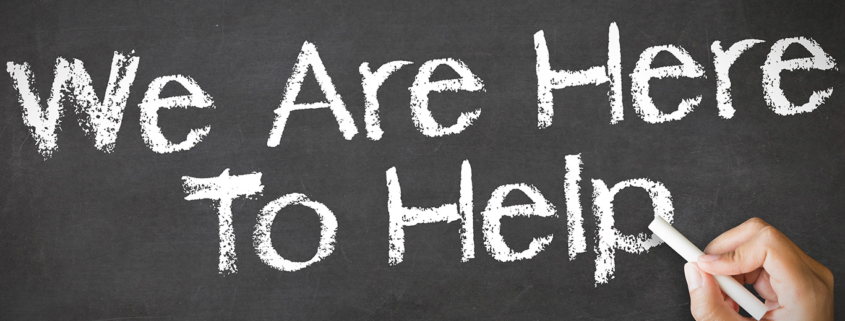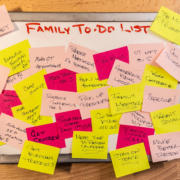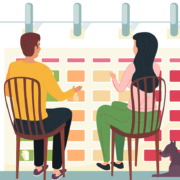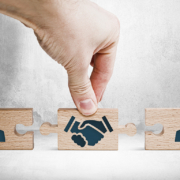Three Tips for Making the Most of your Mediation Consultation (Video)
Whatever the reason that leads you to consider mediation to help you work through your differences, partnering with a mediator who is a good “fit” for you and your situation is an important decision.
In this video, we offer strategies and suggestions to help you make the most of your initial meeting with our practice.
Feig Mediation Group helps parents, families and businesses create paths to more positive outcomes when important issues and decisions are on the line and communication can be most difficult. We have a particular focus on working with parents in neurodiverse families and issues involving adult families and aging loved ones.
If you wish to learn more about our practice, are considering mediation, or are interested in scheduling a free consultation, you can Contact Us at www.feigmediationgroup.com
Video Transcript:
How can I help you?
There are many situations that lead people to contact me for mediation. It might be a sticky issue impacting a neurodiverse child, decisions involving aging loved ones, or it might be a family dealing with separation and divorce.
Let’s talk about three ways to help you make the most of our initial discussion.
Hi, I’m Erik Feig, mediator and founder of Feig Mediation Group in Bethesda, Maryland. No matter the issue that brings you to consider mediation, I offer a free consultation before you make any decisions about our working together.
The session is an opportunity for me to learn a little about your issue, for us to get a feel for each other, and for you to learn about what the process would look like for your situation, and to ask any initial questions that you might have.
So here are three tips to help us make the most of our time together.
First: decide whether you want to do the consultation together. I’m often contacted by one spouse or a family member who is the designated lead for due diligence about mediation or to do the initial conversations in picking a mediator.
The question I ask is how do they want to approach the consultation itself? There’s a benefit to being able to hear information together, at the same time, and to hearing each other’s questions and any concerns you each might have about the process. But sometimes logistics or other constraints mean that we’ll have to have separate discussions.
That’s ok. Either way I’m going to provide everyone the same baseline information. My goal is to provide the information that you need to help you be informed clients.
Second: and building on this first point, is really listening and being able to take on-board what mediation is all about. Mediation is a structured process to help people create options and work through their differences so that they can develop solutions to issues – even when they’re frustrated, even when they’re feeling overwhelmed, or if they’re just feeling stuck. It’s an opportunity to change the way that you have the conversation with each other, from one where you’re battling each other to one where you’re attacking the issues.
Third: remember that as the mediator I am neutral. That means that I’m there to provide the process – the bumpers – that will help you to keep the conversations on track. It also means that I don’t take sides, no matter who contacted me first or who I might speak with first. I’m here to help you focus on the issues and to look to the future, instead rehashing and being stuck in the past.
I appreciate that the decisions you’re dealing with are important. I also appreciate that how you deal with them and who will be with you through the process is also important. The consultation is your opportunity to see if the process would be a good fit for you, and whether you feel that I as your mediator would be a good fit to help you.
So, if you’re considering mediation or are interested in learning more about our practice, or you wish to set up a free consultation, please visit us at our website at www.FeigMediationGroup.com.
Thanks for joining me.




 Feig Mediation Group, LLC
Feig Mediation Group, LLC 






